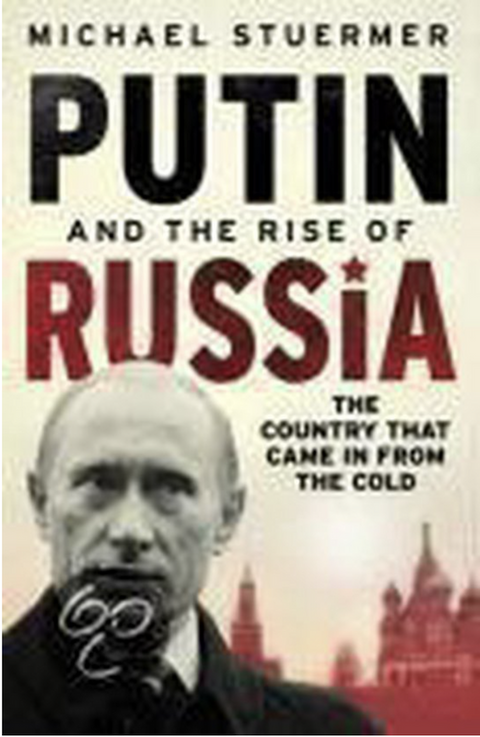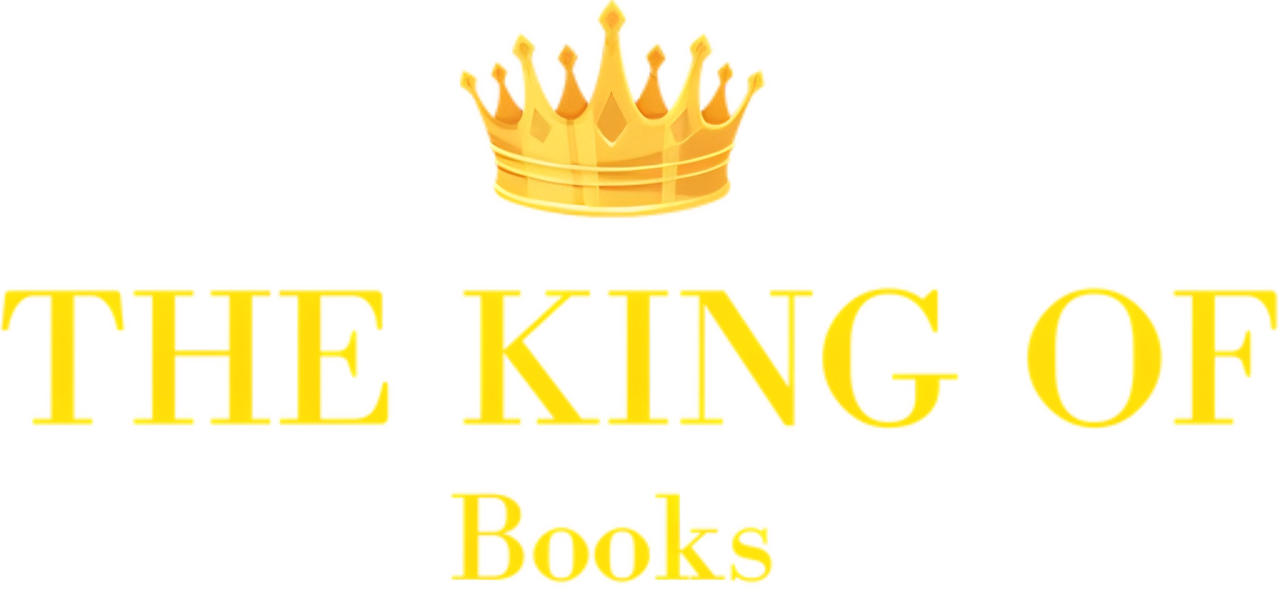
Putin And The Rise Of Russia: The Country That Came In From The Cold
Not for the first time in the last two centuries, Russia leaves the world wondering about its destinies. Russia is, notwithstanding the losses incurred when the Soviet Empire imploded, still an enormous country of ten time-zones from Kaliningrad Oblast to Sakhalin, a land of vast empty spaces full of promise, with more than 140 million population - 15 million of them Muslim - looking at the crescent rising rather than the cross and the stars, suspecting that St George might not be their friend and protector. It is a power with vast military inventories, among them more than 10,000 nuclear weapons in various configurations, an energy giant whose oil reserves will last, at present rates of exploitation, for more than 30 years, and with natural gas for more than 180 years. There is also the old Russian cultural and geo-political ambiguity between Europe and Asia and the new oscillation between weak elements of democracy and, invariably, strong elements of autocracy. The question remains about what today constitutes Russia's national interest, and who is the man, or the power elite, to define and implement it.With Vladimir Putin's second term as President about to end, many Russians fear, after eight years of rising oil and gas revenues, instability and insecurity. But the outside world, too, keeps wondering who and what will follow Putin. Possibly, after Putin a while, Putin himself? It is a defining moment. The pilot leaves the ship: where will he go? Whither the ship? And what are the implications for the rest of the world?

Gratis en snelle levering

Verzending op dezelfde dag




